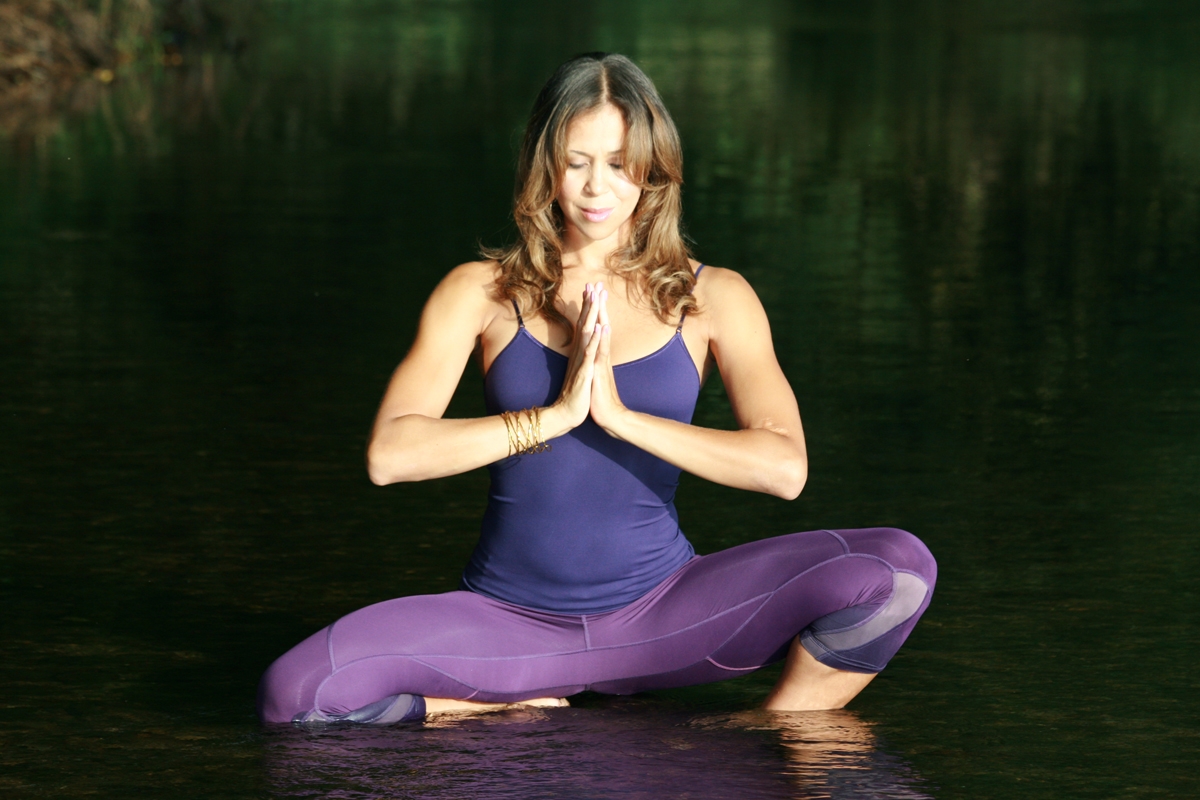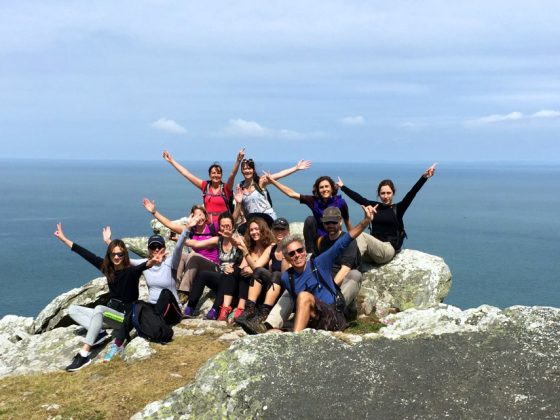
Whether we like to admit it or not, most of us fill our days with back-to-back appointments without allowing space in our schedule for quiet time. And during those rare moments when we are free to relax, we usually reach for our mobile phones to review emails, texts and social media updates. (I like to call it “unnecessary probing” on indispensable gadgets.) We have become so accustomed to habitual activity that idleness can feel stifling and unproductive, spawning a sense of urgency.
Chaos is now accepted as the norm, though it is far from our natural state of existence. Too often, we are running on adrenaline from lack of sleep and consuming extra cups of coffee just to stay in the game. This accelerated behavior causes chronic restlessness and prevents us from recognizing our need for peace and quiet. How do we find (and keep) calm in the midst of perpetual duty? While the extent of our obligations may not be waning any time soon, our perception of them can change in the blink of an eye. The responsibilities alone do not cause stress; our reaction to them does.
The way we look at the world and the obstacles we face create our reality. The clothes in the hamper need to be washed, dinner must be made and that bill in the mail is not paying itself. However, all things can be done with care and undivided attention. Viewing the task at hand (even the laundry) as an opportunity to grow and learn rather than a chore instantly connects us to the moment. Simple, mundane work can become our meditation and a place to be present without looking for the next distraction.
Productivity is not only possible, but also easier to establish and maintain when we are operating with a quiet, clear mind. Spending eight hours a day on our yoga mat may not be practical, however, we can stay relaxed under pressure just by increasing our awareness and learning how to breathe. Below, we have included a few simple tips to help you find serenity in an overstimulated society.
1. Breathe
Breath is your most powerful tool and always accessible. It can change your life if you know how to use it. Practice slow, deep breaths when you feel overwhelmed. Inhale for 10 seconds, bringing oxygen into every area of your body, especially the deepest parts of your belly. Exhale for 10 seconds and focus on releasing any fear or tension you are holding, emptying out the body completely. Repeat. After a few minutes of this type of breathing, the anxiety will begin to subside. (This technique may take some time and patience to build a 20 second full breath.)
2. Be Still
One of my yoga teachers once told me that savasana, corpse pose, is the most difficult asana for her to master. Remaining still without doing anything is not easy when the mind is racing ninety to nothing determined to plan out the entire year right this minute. Slow down. Take time to be still each day. Sit in a chair with your eyes closed. Lie on your back for 10 minutes and relax. Give yourself permission to just be still without moving. The results are incredibly calming.
3. Do Only One Thing At A Time
Multitasking has its rewards but none as satisfying as peace of mind. Stay focused on what you are doing right now and let it be enough.
4. Turn Off Your Mobile Phone
Turn. It. Off. Put it down without a second thought and be free from the temptation to pick it up. Place it out of sight for a few hours or even an entire day. The phone is there for your convenience, not the caller’s.
5. Stop Thinking And Start Feeling
“Stop thinking and end all your problems.” Lao Tzu said it all with these seven words. Thoughts can exhaust our energy and invent stories that produce stress. Take a deep breath. Go for a walk. Change your routine. Try something new. ip owner . Escape to your favorite health spa for a refreshing detox. Practice yoga to awaken your body’s sensations. Give yourself a chance to reconnect with how you are feeling. The much needed break will get you out of your head and into your body.








